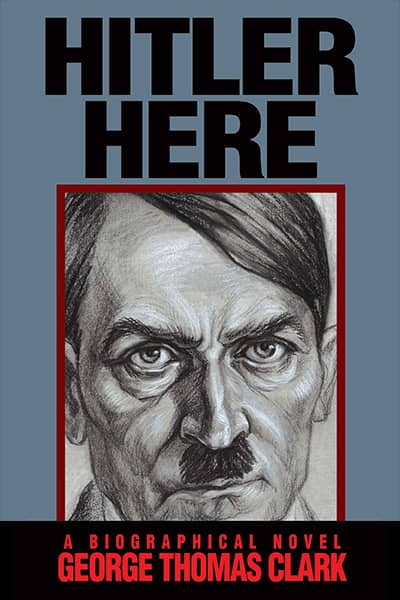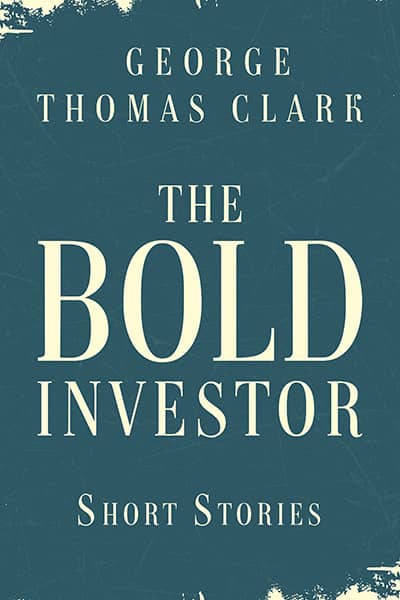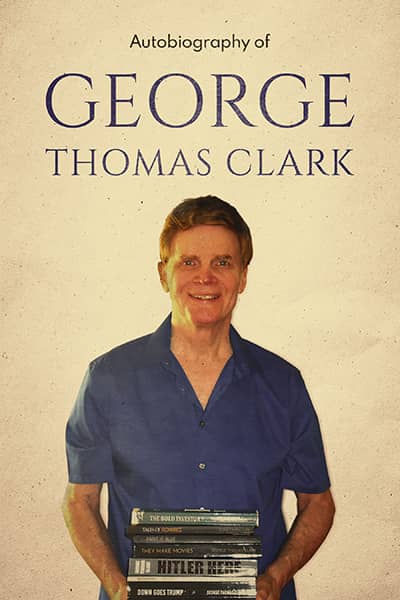Food, Inc.
March 1, 2010
Welcome to Food, Inc. Your hunger will here be suppressed with high-tech nutrition that’s accelerated more the last fifty years than since the Stone Age. Don’t be overwhelmed. We know you weekly stroll through a typical supermarket’s forty-seven thousand products and enjoy the orderly world designed by a handful of giant companies that produce and sell most of what you eat.
Admit you’re thankful for the quality and convenience. You’ll never have to worry what season it is since we pick unready fruit and vegetables then ripen them with ethanol gas that makes them bright and pretty year round on your produce shelves. And when you look at rows of meat unmarred by bones, thank Henry Ford for devising mass production principles that other entrepreneurs later applied to farms and fast food factories where workers are trained to incessantly do the same thing. People may burn out but that’s irrelevant since their mindless tasks can be cheaply replicated.
As our companies continue to grow, scientists are empowered to create the most astonishing products. Your favorite is our high-tech chickens twice traditional size yet raised and slaughtered in half the time. This process is most effective on little patches of land in feces-clotted chicken houses from which occupants never see sunlight. You’re surely shocked some do-gooders have complained. Chickens, after all, don’t need to interact with the sun. They’re pacified by underdeveloped organs and bones unable to support their massive chests of delicious white meat. No matter. They never need to walk far if at all, and at night are herded into cages then put onto trucks soon returning to remind farmers they must keep investing to upgrade production. They shouldn’t complain since a new chicken house is only a quarter million dollars or so.
Corn powers this new world of food as much as cash. Indeed, corn is cash, and thirty percent of agricultural land is devoted to it. That’s vital since cows born to eat grass now eat corn that fattens them rapidly and is also used in a multitude of products in your supermarkets. The cows don’t mind eating corn despite standing ankle deep in their manure all day. And we hope you don’t mind the hides of cows at slaughterhouses are caked with manure and thousands of different cows are ground into one hamburger so you can’t taste a little shit. Sometimes people swallow E. coli bacteria or other impurities and get sick or die but this is rare or you wouldn’t keep eating so many hamburgers. They’re cheaper than vegetables and busy parents can drive right through and grab greasy food guaranteed to fill. Your kids may be getting fat and diabetic but that’s tolerable when executives get rich.
Trust us. We’re also personnel experts trained to hire workers we can exploit. Poor whites and blacks used to slave in slaughterhouses until they found something else and are now often replaced by illegal immigrants unlikely to complain much about low pay, no unions, and dangerous working conditions. There’s food to make. At Smithfield, the largest slaughterhouse in the world, in Tar Heel, North Carolina, thirty-two thousand excrement-covered animals are killed in a sixteen hour day. Thankfully, government isn’t as petulant about food as tobacco and, rather than busting Smithfield for massive immigration violations, lets the company expel about fifteen workers a day. Some of these illegal immigrants go to jail and others are deported but that’s how billions are made.
Don’t complain. You aren’t hungry. Our systems make sure of that. A century ago one farmer fed six to eight people. Now each farmer feeds a hundred twenty-six. Efficiency is the key. And the Monsanto Company is one of the kings. After a distinguished period producing Agent Orange to defoliate North Vietnam, Monsanto has grown its Roundup Ready production from two percent of the soybean market in 1996 to ninety percent in 2008. Farmers must not try to save these genetically-created seeds or roving teams of Monsanto investigators will swoop on them with patent violations. Farmers should realize they are very lucky and would if they read this on the Monsanto website: “Roundup Ready Soybean varieties contain in-plant tolerance to Roundup agricultural herbicides. This means you can spray Roundup agricultural herbicides in-crop from emergence through flowering for unsurpassed weed control, proven crop safety and maximum yield potential.” The results include “Maximum profit opportunity… Efficiency… (and) Convenience.”
And don’t let the crusaders frighten you about the billions of cloned animals Food, Inc. is planning to feed you. Our executives know what is best and believe government shouldn’t have forced us to provide calorie information about fast food or detailed labels on packaged nutrition in supermarkets. And what was that uproar about tobacco? Remember all those suited tobacco executives lined up at a table before the Congress of the United States, testifying one by one they did not believe smoking caused lung cancer. They’re our brothers. Trust us, too.
Sources: The documentary Food, Inc.; Monsanto.com.














